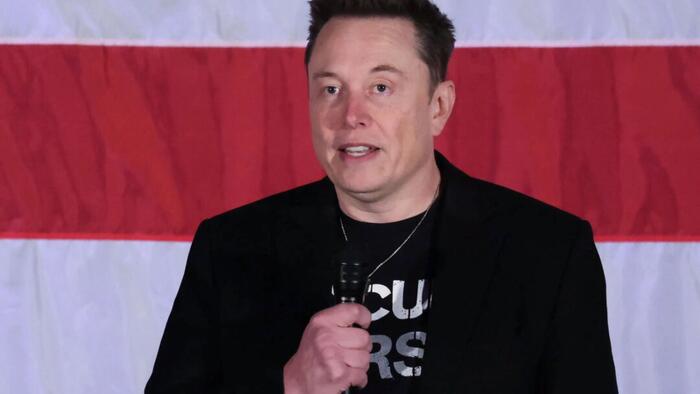In recent developments involving tech entrepreneur Elon Musk, allegations surfaced suggesting he may have worked illegally in the United States during the early stages of his career. An article published by The Washington Post on October 27 brought attention to claims that Musk began his journey in Silicon Valley while undocumented in 1995. This period coincided with his endeavors to establish Zip2, a startup that would eventually sell for approximately $300 million just four years later. The report references various sources, including company documentation and remarks from former associates and a past CEO who expressed concerns about the potential for Musk’s deportation should his employment status be discovered by authorities.
Musk has strongly refuted these claims, taking to social media to clarify his legal status in the U.S. He responded directly to a statement made by President Joe Biden regarding the allegations. In his retort, Musk asserted that he had the proper authorization to work in the country during that time. He made it clear that he was not operating outside the law, claiming, “I was in fact allowed to work in the U.S.” Furthermore, he elaborated on his immigration journey, emphasizing that he initially held a J-1 visa, which allowed for academic training or research for international students. This visa was later converted to an H-1B visa, which permits temporary employment in specialty occupations.
To provide context, Musk was born in South Africa and made his first move to North America at the age of 18, leveraging his Canadian citizenship through his mother, who was born in Canada. Musk’s educational pursuits took him to Queen’s University in Canada before transferring to the University of Pennsylvania in the U.S. His aspirations in technology led him to California in 1995 to enroll at Stanford University. However, after just two days, Musk dropped out of Stanford to embark on his entrepreneurial venture by co-founding Zip2 with his brother Kimbal Musk.
Elon Musk’s path to becoming a U.S. citizen culminated in 2002, which allows him to engage extensively in the business sector as a prominent figure in technology and innovation. His successful endeavors include not just Zip2 but later ventures like PayPal, Tesla, and SpaceX, solidifying his reputation as one of the leading figures in the tech industry. Musk’s rise has often been a subject of public intrigue, making the recent allegations add to the ongoing narrative surrounding his personal and professional life.
The report’s implications have raised broader questions about immigration policies and the scrutiny faced by high-profile business figures. Critics of Musk’s past have pointed to the competitive nature of Silicon Valley, which often puts immense pressure on founders and investors alike. Concerns about immigration status can strike fear in the heart of any entrepreneur, particularly those working in the fast-paced technology sector. However, Musk’s assertions and available records seem poised to counter the claims made in the report, reaffirming the notion that he navigated his immigration status within legal parameters.
In conclusion, while the allegations of working illegally in the United States during the inception of his career have sparked significant discussions, Musk’s reaction has been emphatically to maintain his innocence. His ability to clarify his immigration history and work authorization could ultimately mitigate the impact of the report. As the conversation continues to evolve, it remains to be seen how these claims will influence Musk’s public image and his ongoing ventures in the tech world. The Epoch Times has reached out to Musk, as well as Stanford University and the University of Pennsylvania for their comments, illustrating the ongoing pursuit of clarification and truth around this narrative.

